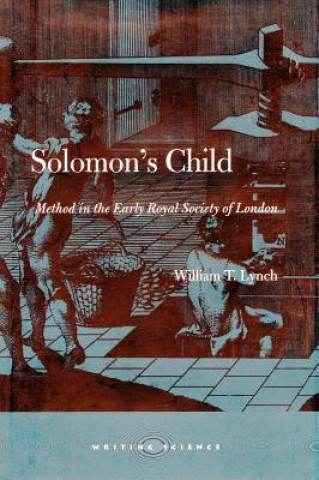
Code: 04716801
Solomon's Child
by William T. Lynch
This work challenges the accepted view of the early Royal Society of London that holds that its Fellows did not seriously attempt to implement Francis Bacon's program for the methodological reform of the sciences. Instead, the boo ... more
- Language:
 English
English - Binding: Hardback
- Number of pages: 312
Publisher: Stanford University Press, 2002
- More about this

91.67 €

Low in stock at our supplier
Shipping in 13 - 16 days
Potřebujete více kusů?Máte-li zájem o více kusů, prověřte, prosím, nejprve dostupnost titulu na naši zákaznické podpoře.
Add to wishlist
You might also like
-
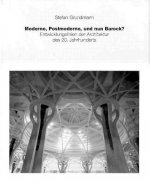
Moderne, Postmoderne und nun Barock?
48.30 € -17 % -

Pop Japan Travel
11.08 € -4 % -

August Bebel
34.99 € -1 % -

Mimi and Maty to the Rescue!
16.03 € -4 % -

Medicaid Fee-For-Service Payments
35.79 € -17 % -

Hall of Three Pines
94.59 €
Give this book as a present today
- Order book and choose Gift Order.
- We will send you book gift voucher at once. You can give it out to anyone.
- Book will be send to donee, nothing more to care about.
More about Solomon's Child
You get 230 loyalty points
 Book synopsis
Book synopsis
This work challenges the accepted view of the early Royal Society of London that holds that its Fellows did not seriously attempt to implement Francis Bacon's program for the methodological reform of the sciences. Instead, the book shows that Bacon's program shaped the Society's earliest work in important, if often contradictory, ways as fellows wedded Bacon's ideas to their various interests and problem areas. Developing Bacon's program in different directions resulted in a richer understanding of his method than the undirected empiricism often associated with his name. The author demonstrates that Bacon's call for a focus on "things themselves" was built upon three distinct images of objects of knowledge, in opposition to recent accounts that focus on the collective witnessing of matters of fact. He identifies at the core of Bacon's method a threefold metaphorical ontology of objects of knowledge and corresponding objectivities. The book reveals a picture of the Royal Society as more sophisticated and unified than previously depicted, while simultaneously demonstrating how the fellows' development of Bacon's legacy ultimately pulled in different directions. Specular objects of knowledge privileged passive observation and justified an empiricist objectivity. Manipulated objects of art or manual objects emphasized an engaged, constructivist objectivity in which knowing is doing. And, a vision of underlying forms as generative objects of knowledge, which could be combined like letters of the alphabet to produce phenomena at will, defined a theoretical concept of objectivity. These components of Bacon's method inform in varying ways the early publications of the Royal Society by John Evelyn, Robert Hooke, John Wilkins, Thomas Sprat, and John Graunt, which are examined in detail to demonstrate the collective negotiation of an ambitious inductive program employing hypotheses, active powers, and the disciplined use of analogy. Examining the Royal Society's activity in the areas of horticulture, experimentation, language reform, cultural criticism, and political arithmetic, the author synthesizes philosophical and sociological approaches to science in developing a new understanding of the Royal Society and its legacy for science, culture, and politics.
 Book details
Book details
Book category Books in English Society & social sciences Society & culture: general Cultural studies
91.67 €
- Full title: Solomon's Child
- Subtitle: Method in the Early Royal Society of London
- Author: William T. Lynch
- Language:
 English
English - Binding: Hardback
- Number of pages: 312
- EAN: 9780804732918
- ISBN: 0804732914
- ID: 04716801
- Publisher: Stanford University Press
- Weight: 603 g
- Dimensions: 229 × 152 × 25 mm
- Date of publishing: 01. October 2002
Trending among others
-
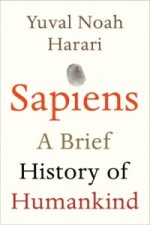
Sapiens
12.19 € -

Pihkal
27.73 € -17 % -
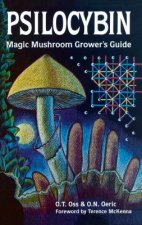
Psilocybin Magic Mushroom Guide
17.03 € -14 % -
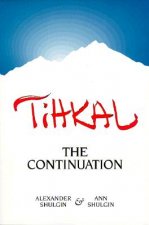
Tihkal
26.01 € -22 % -
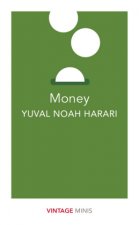
Money
6.24 € -28 % -
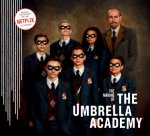
Making of The Umbrella Academy
36 € -11 % -
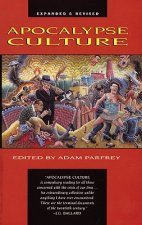
Apocalypse Culture
15.02 € -6 % -
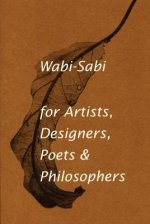
Wabi-Sabi for Artists, Designers, Poets & Philosophers
18.75 € -10 % -
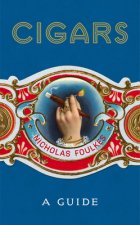
Cigars: A Guide
24.90 € -21 % -
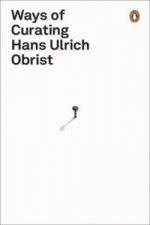
Ways of Curating
12.19 € -22 % -

Gilmore Girls: Stars Hollow Light-Up Sign
13.91 € -
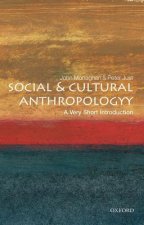
Social and Cultural Anthropology: A Very Short Introduction
9.27 € -28 % -

Simians, Cyborgs and Women
28.94 € -

All About Love
12.70 € -24 % -
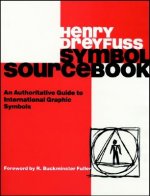
Symbol Sourcebook - An Authoritative Guide to International Graphic Symbols
58.99 € -1 % -
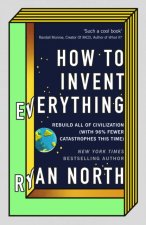
How to Invent Everything
24.40 € -23 % -
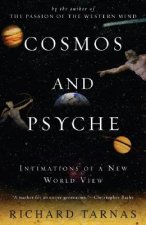
Cosmos and Psyche
18.55 € -19 % -
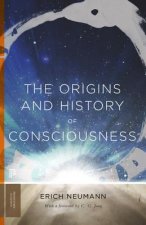
Origins and History of Consciousness
21.88 € -15 % -
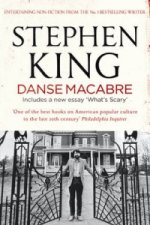
Danse Macabre
11.29 € -28 % -
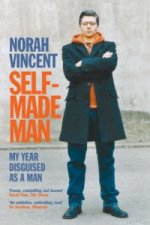
Self-Made Man
11.59 € -21 % -

Berserk: With Darkness Ink
24.90 € -18 % -

Sekiro: The Second Life Of Souls
24.90 € -18 % -

Esoteric Hollywood:: Sex, Cults and Symbols in Film
16.23 € -22 % -

How To Fly A Horse
10.88 € -23 % -

Electric Kool-Aid Acid Test
22.38 € -4 % -
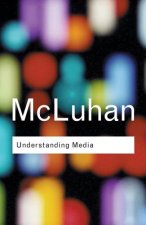
Understanding Media
20.56 € -14 % -
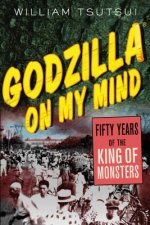
Godzilla on My Mind
16.93 € -19 % -

Notes on Camp
3.52 € -
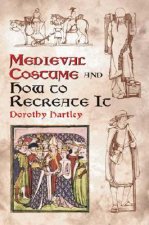
Medieval Costume and How to Recreate it
13.40 € -14 % -
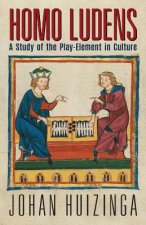
Homo Ludens
12.70 € -
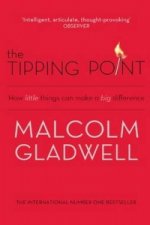
The Tipping Point
11.29 € -28 % -

Jaws: We're Gonna Need a Bigger Boat
9.37 € -15 % -
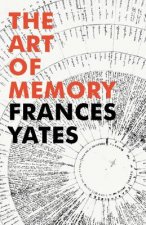
Art of Memory
19.25 € -28 % -

Studio 54
72.61 € -23 % -
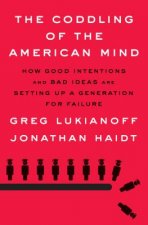
Coddling of the American Mind
29.54 € -5 % -

Conquest of Bread
11.79 € -3 % -
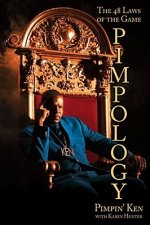
Pimpology
14.21 € -25 % -
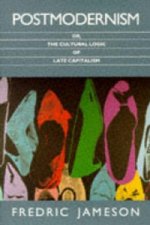
Postmodernism
24.09 € -10 % -

Cannabible Collection
21.27 € -21 % -

Kimono Design
17.74 € -15 % -
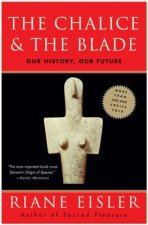
Chalice and the Blade
15.02 € -25 % -

Running the Gauntlet
31.86 € -
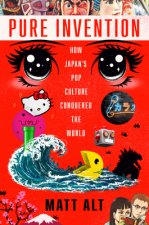
Pure Invention
26.41 € -8 % -
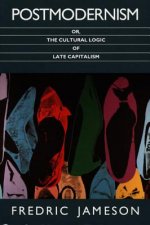
Postmodernism, Or, the Cultural Logic of Late Capitalism
27.52 € -13 % -
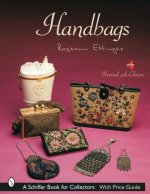
Handbags
24.30 € -21 % -
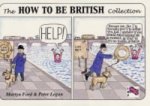
How to be British Collection
9.27 € -28 % -

Stoned Beyond Belief
22.68 € -20 % -

Fragrant
28.73 € -18 % -

Where's Karl?
11.39 € -22 %
Collection points Bratislava a 2642 dalších
Copyright ©2008-24 najlacnejsie-knihy.sk All rights reservedPrivacyCookies


 15549 collection points
15549 collection points Delivery 2.99 €
Delivery 2.99 € 02/210 210 99 (8-15.30h)
02/210 210 99 (8-15.30h)